
How to Compare Mutual Funds?
Investing in mutual funds is a great way to grow your wealth over time, but selecting the right fund can feel overwhelming with so many

Investing in mutual funds is a great way to grow your wealth over time, but selecting the right fund can feel overwhelming with so many
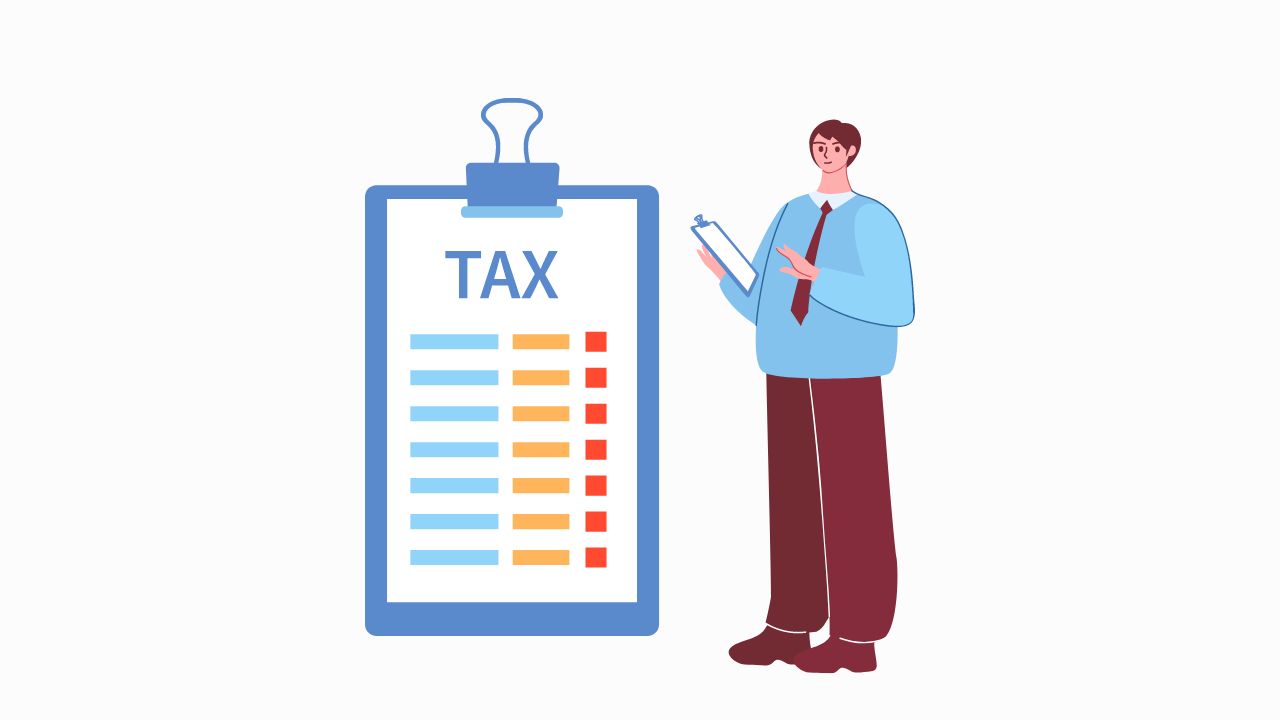
Taxation on mutual funds varies on different factors. Tax Rates for Mutual Fund Investors EQUITY ORIENTED FUNDS (Subject to STT) Tax Status of Investor Capital

ETFs, or Exchange Traded Funds, are investment funds that are traded on stock exchanges. They combine the diversification of mutual funds with the flexibility of

Mutual fund compounding is like earning interest on interest. When an investor invests in a mutual fund, the returns are reinvested, creating a cycle of

What are Index Funds? Index funds are gaining a lot of traction lately. Investments in an Index fund will simply mirror the investments of the

What are Active Funds? Active funds are actively managed schemes. The fund manager shall actively buy and sell securities and attempt to outperform the benchmark.
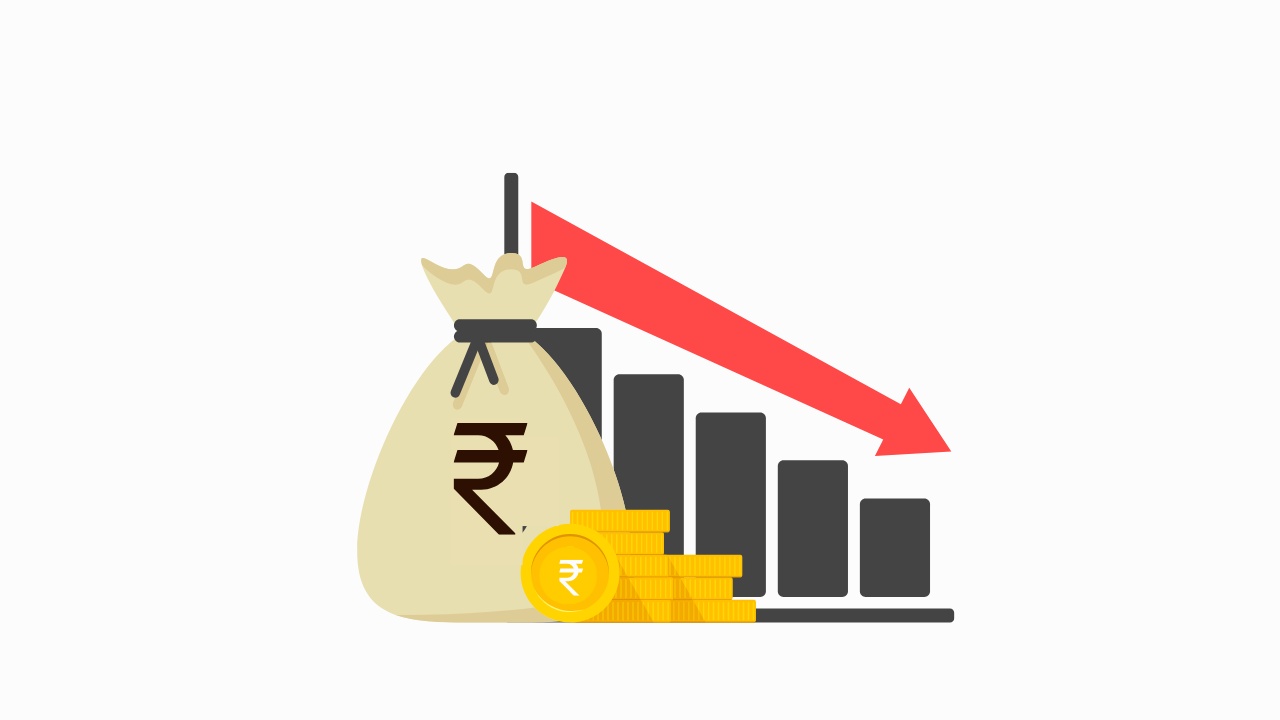
Fees and Charges in Investing in Mutual Funds Expense Ratio This includes all charges such as operating expenses, management fees, fund management charges etc. Normally,
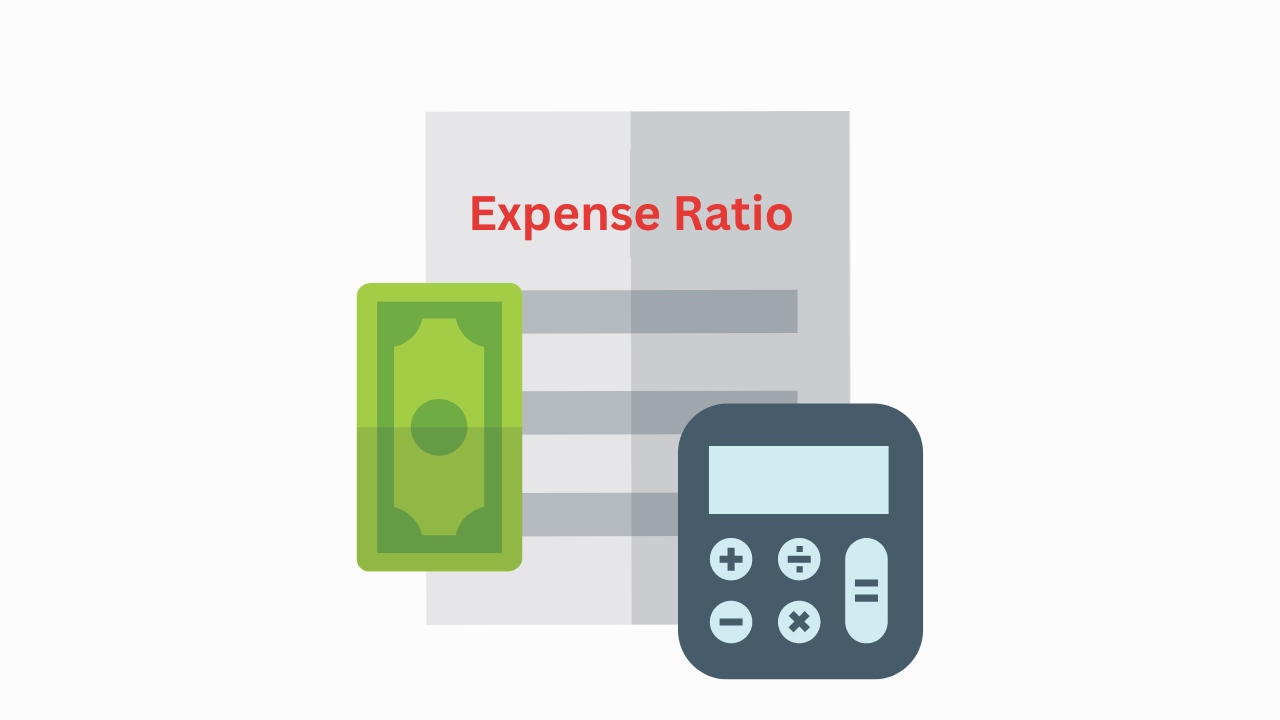
The expense ratio in the context of a Mutual Fund is the expense incurred to manage funds (or a Mutual Fund scheme). This fee is
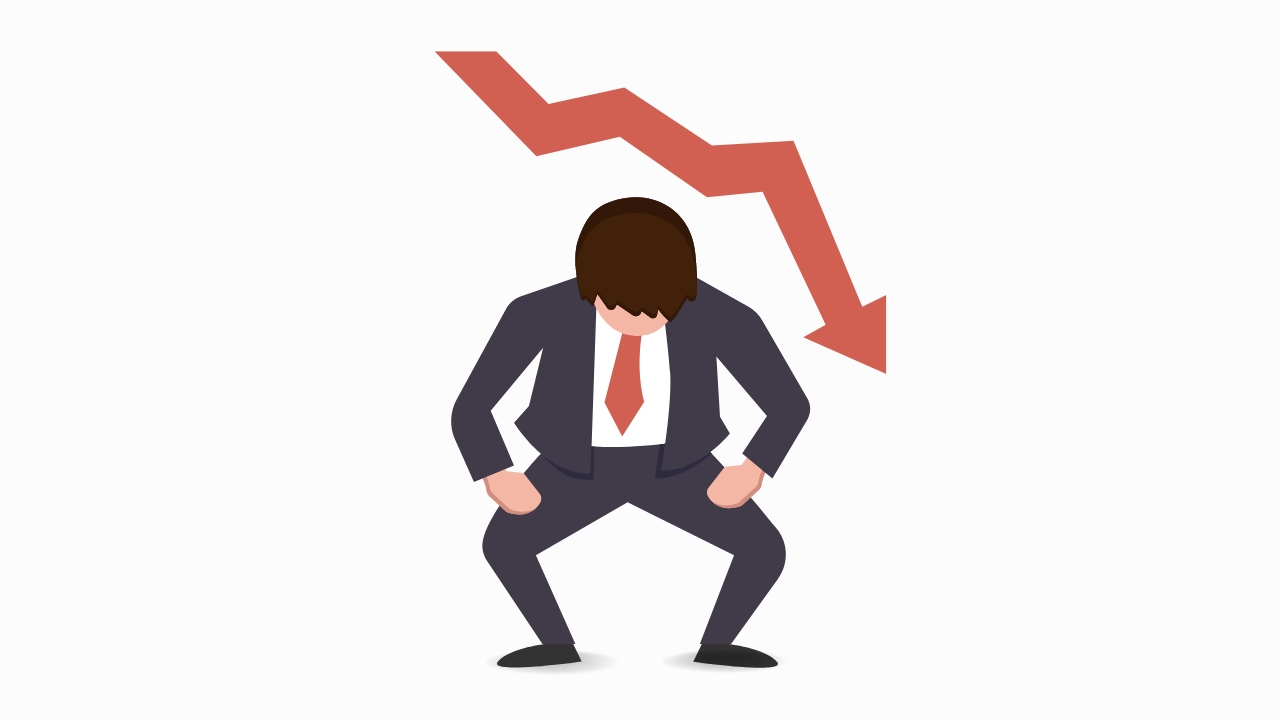
Investing in mutual funds can be a rewarding venture, but it’s not without risks. We always hear “Mutual funds are subject to market risks……”. Let’s
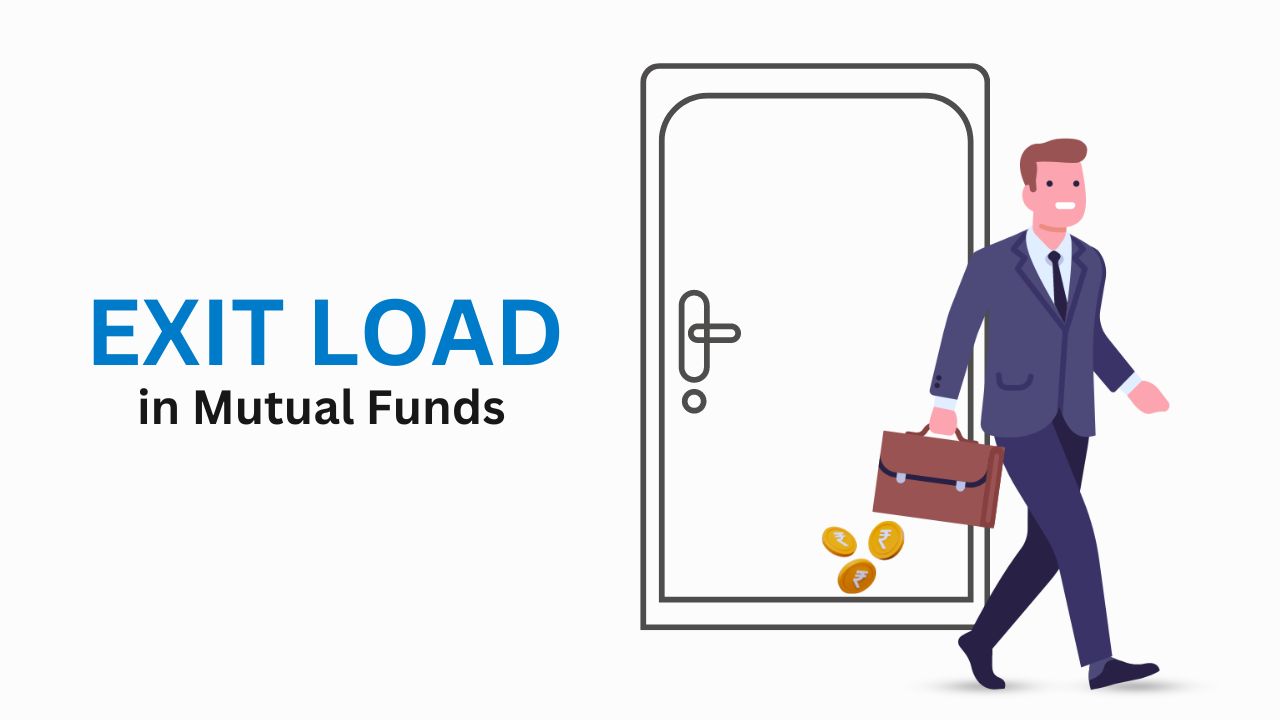
Exit load in Mutual Funds is a cost that investors will bear when they sell mutual fund units before a specified period (normally charged for